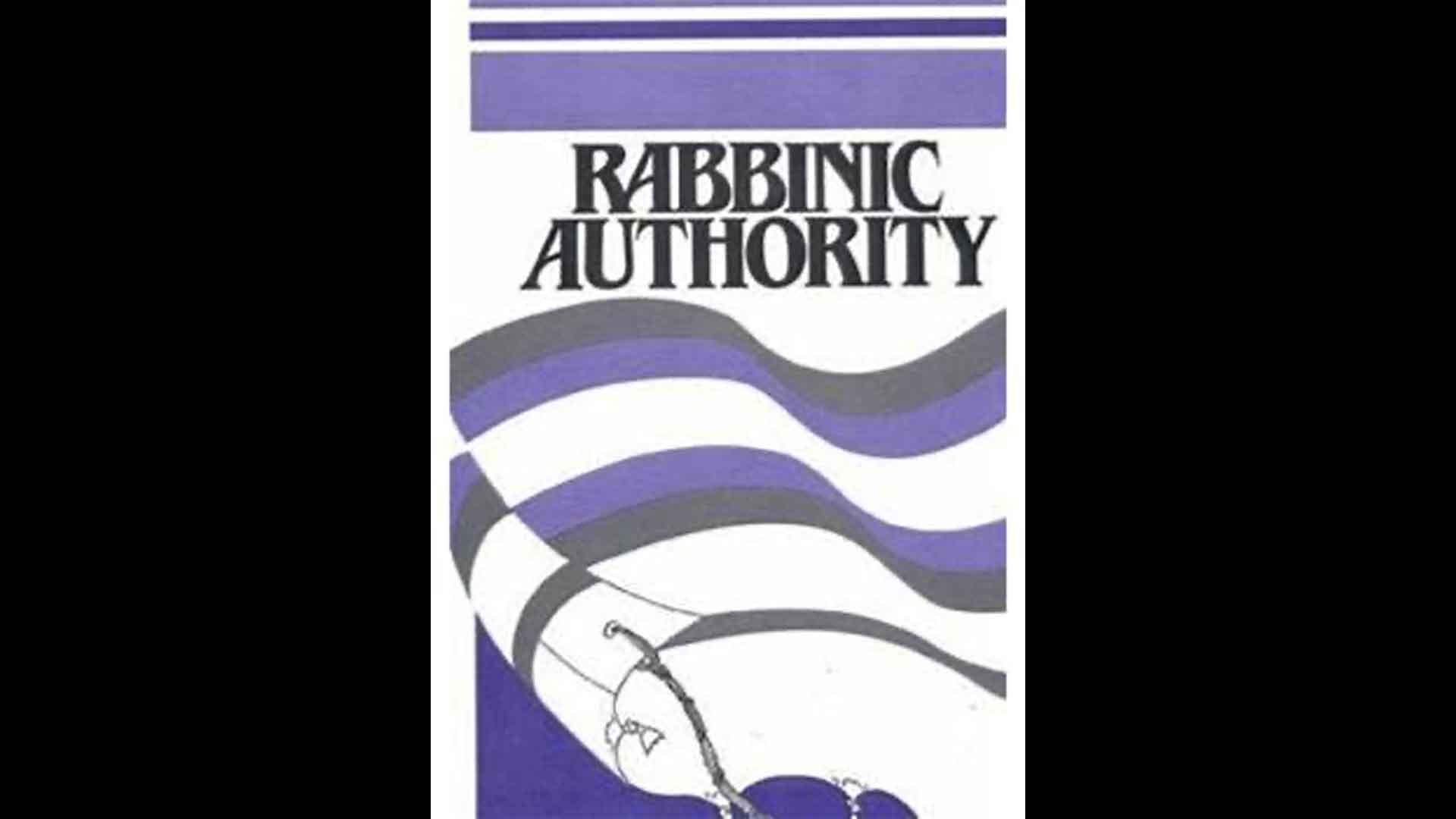For the source text click/tap here: Bava Kamma 58
To download, click/tap here: PDF
The Gemora asks: Indeed, why don’t we say that the case in the Mishnah is akin to a case of chasing away a lion from his friend’s possessions (where the friend does not have to pay for the chasing)? The Gemora answers: The case of chasing away the lion was done (knowingly and) willingly, unlike the produce acting as a cushion that was not done with the consent of the owner of the produce.
Alternatively, the Gemora answers: When one chases away a lion, he does not incur a loss, as opposed to this case where he did incur a loss (as his produce was crushed by the animal’s fall).
Tosfos rules that the lion chaser is not entitled for compensation only in cases where it is not definite that the lion will cause a loss, for instance, where the lion is far away from the sheep, but he is concerned that it might come closer. However, if he would chase away the lion when the damage is imminent, for instance, where the sheep is already in the mouth of the lion, he is entitled for compensation.
We continue our exploration of the lion in antiquity including Herodotus' description of the Greek allies setting loose the lions against the Persian army, led by Xerxes.






















